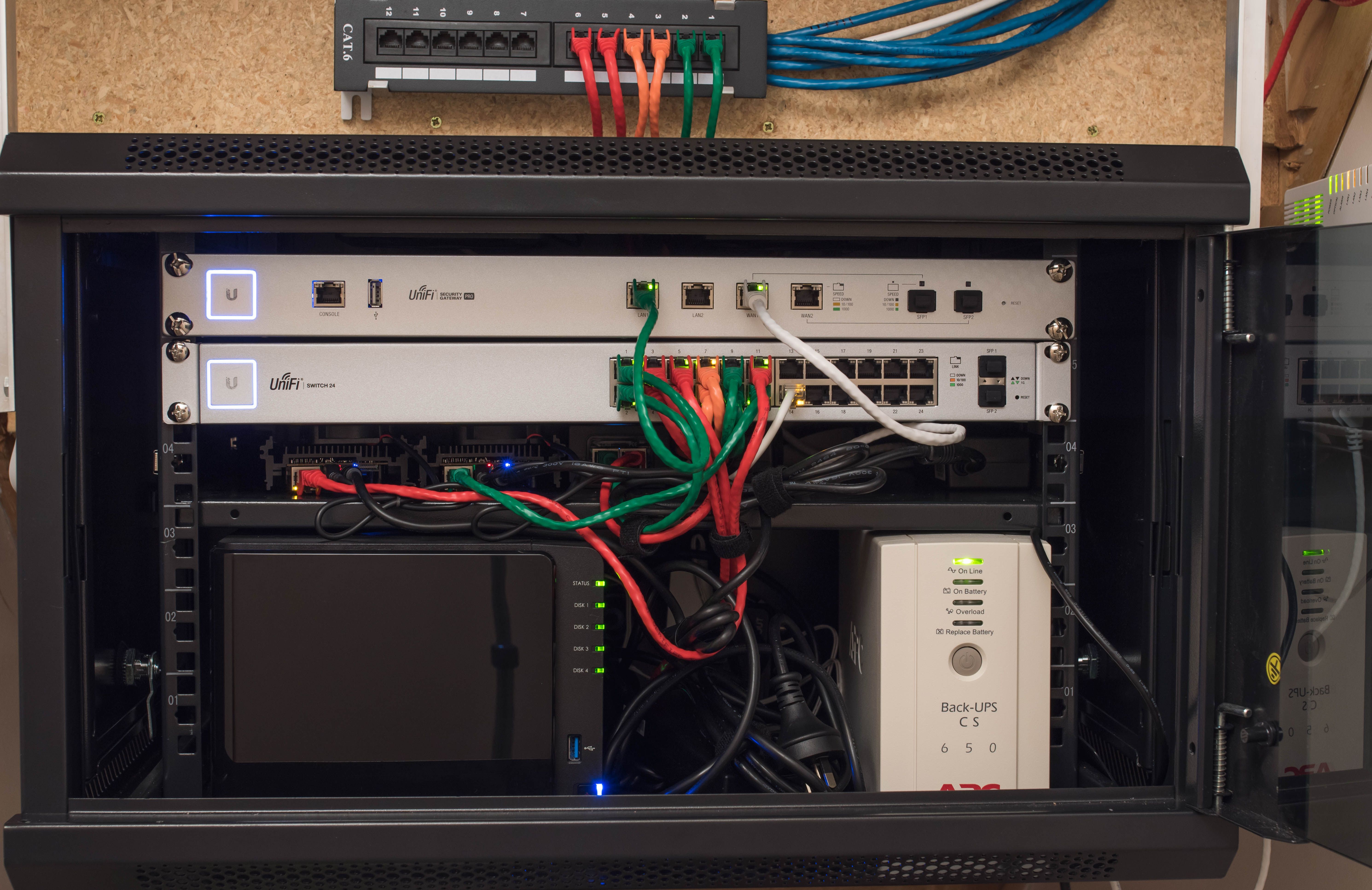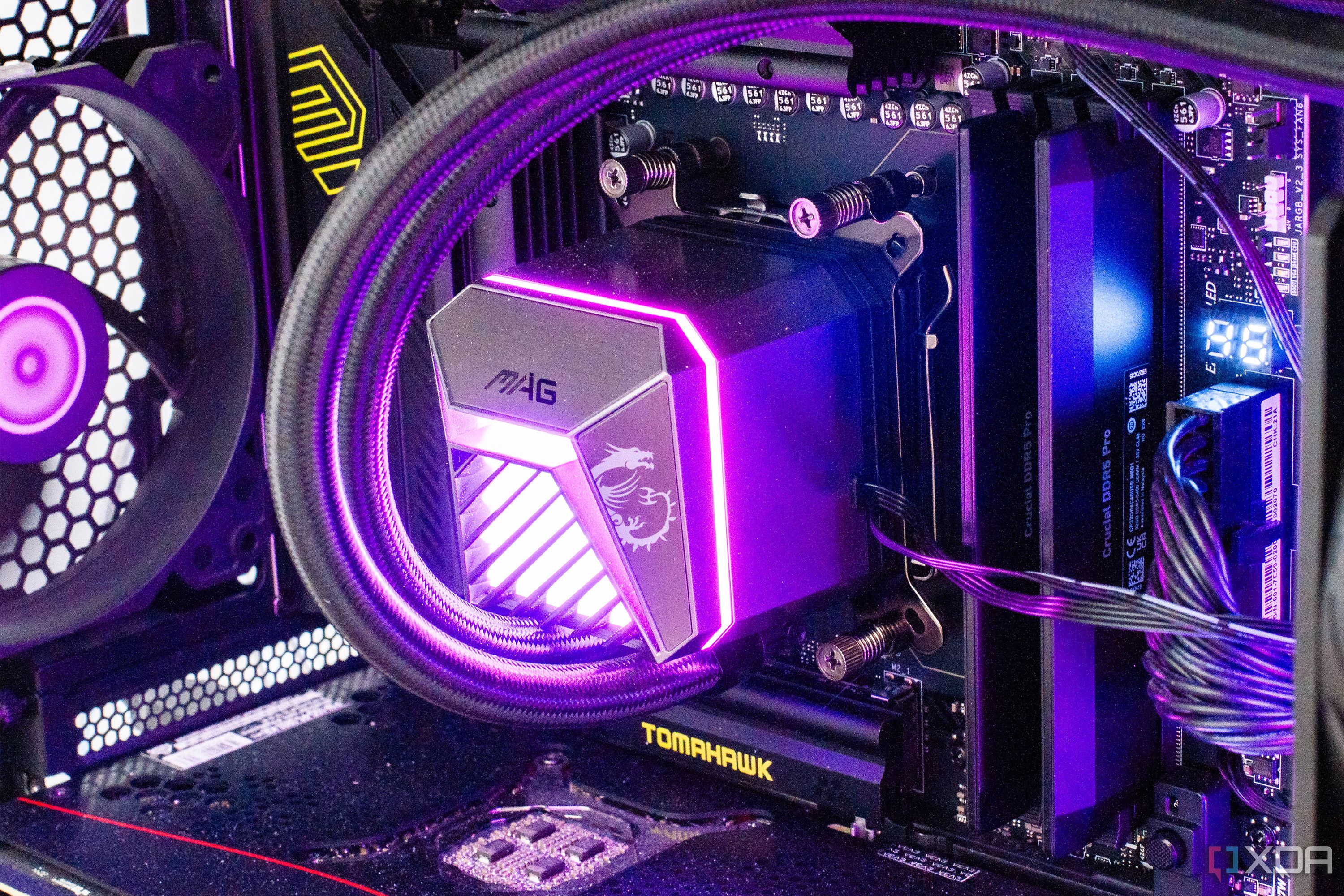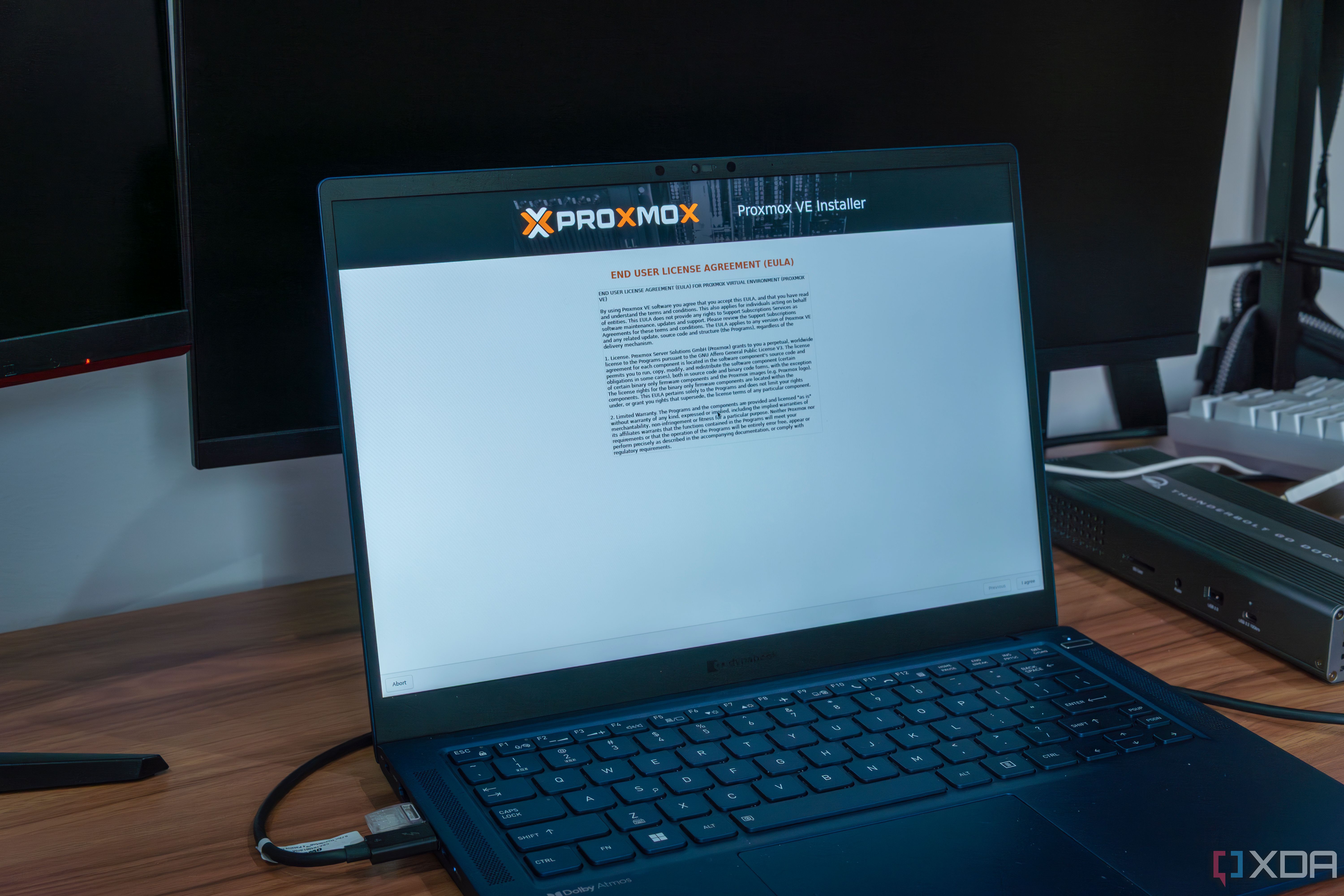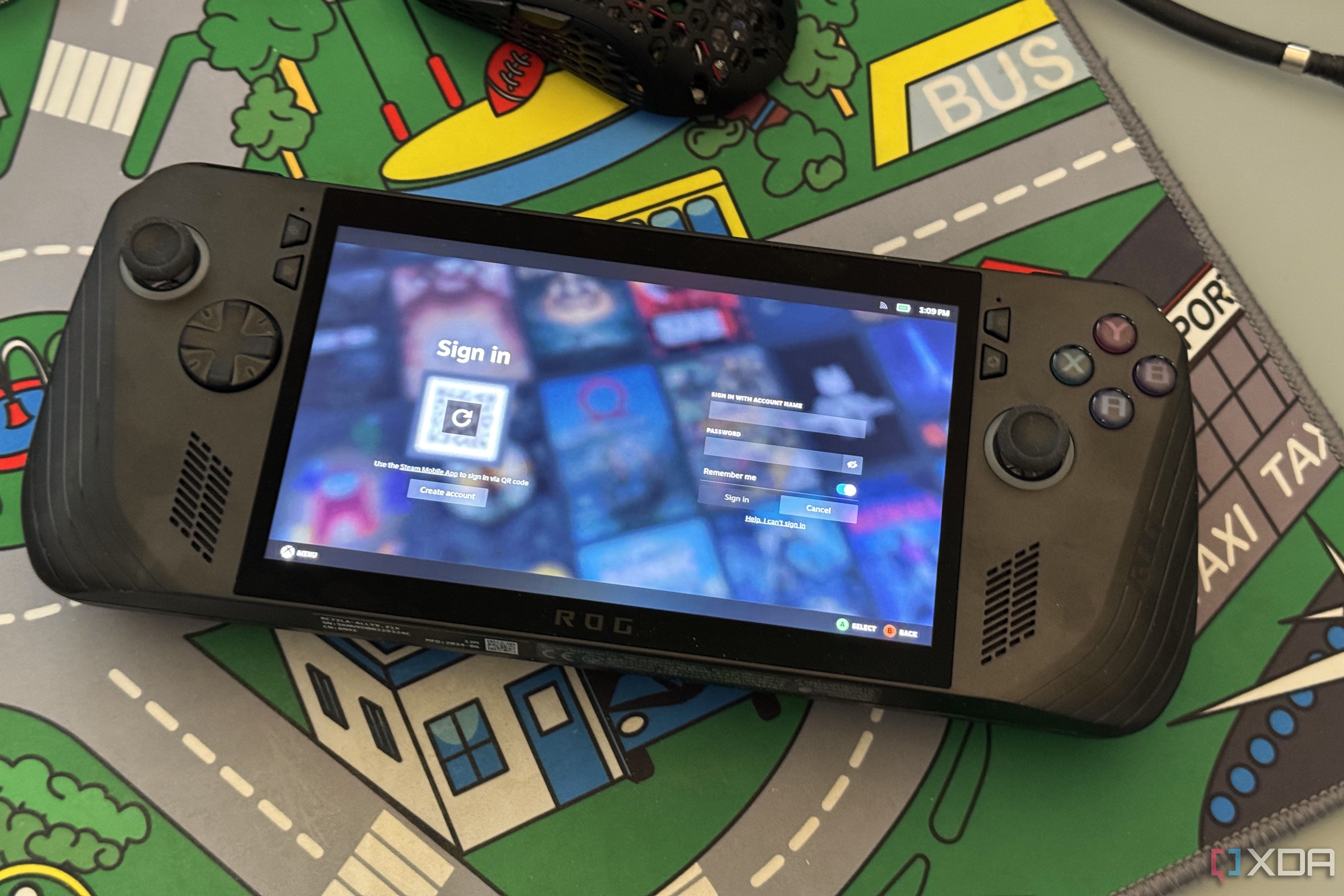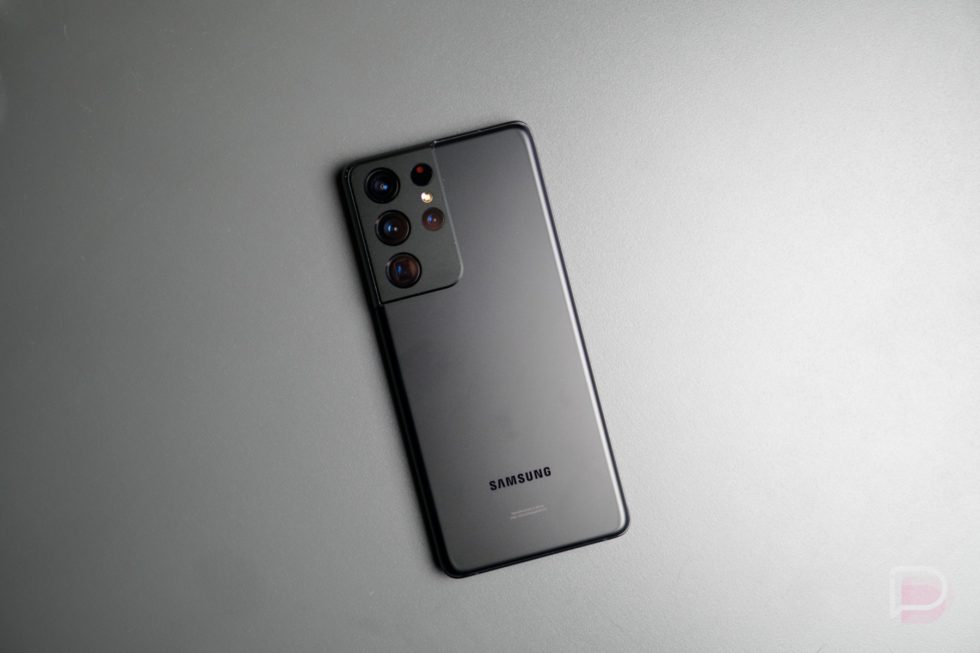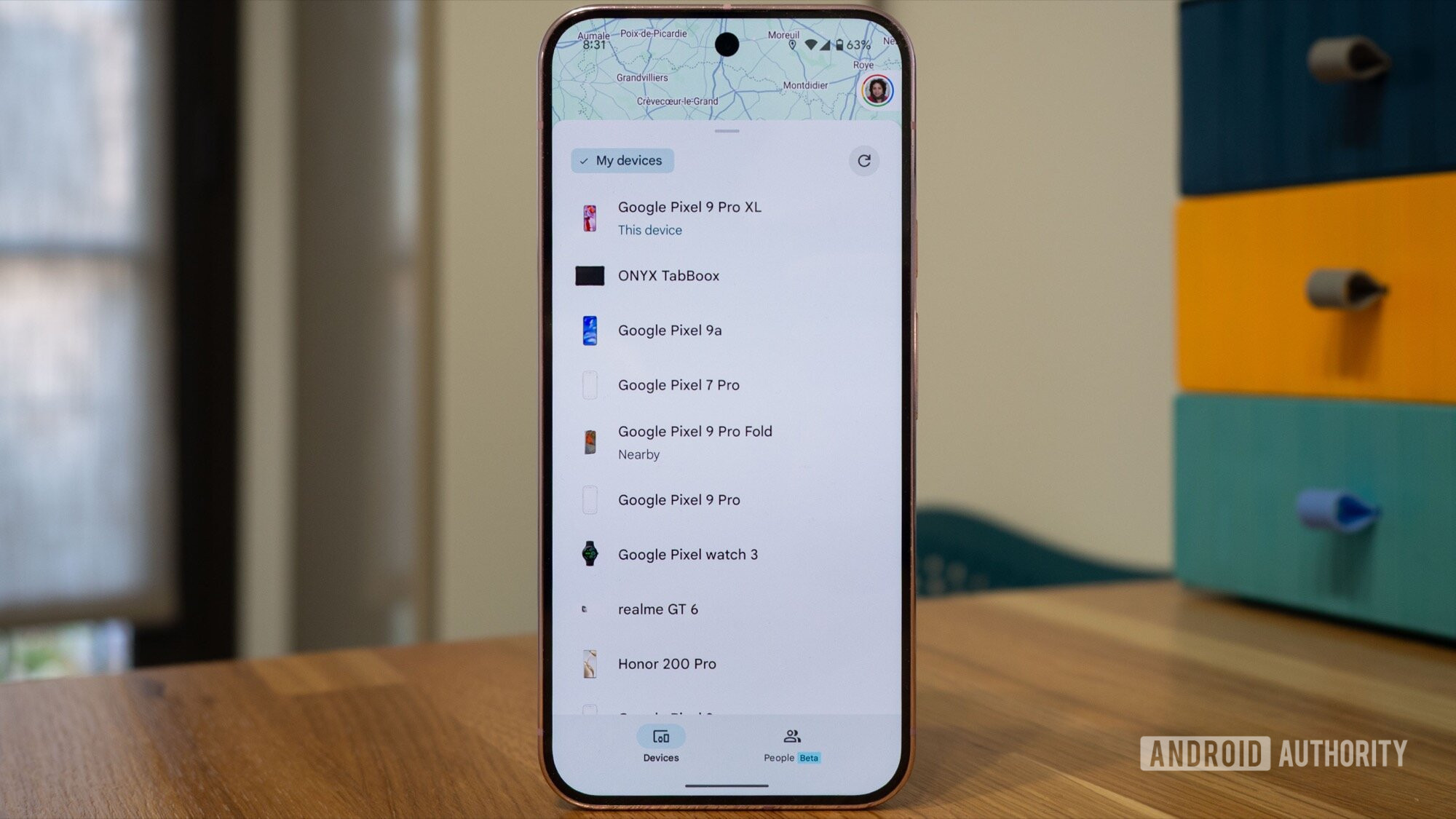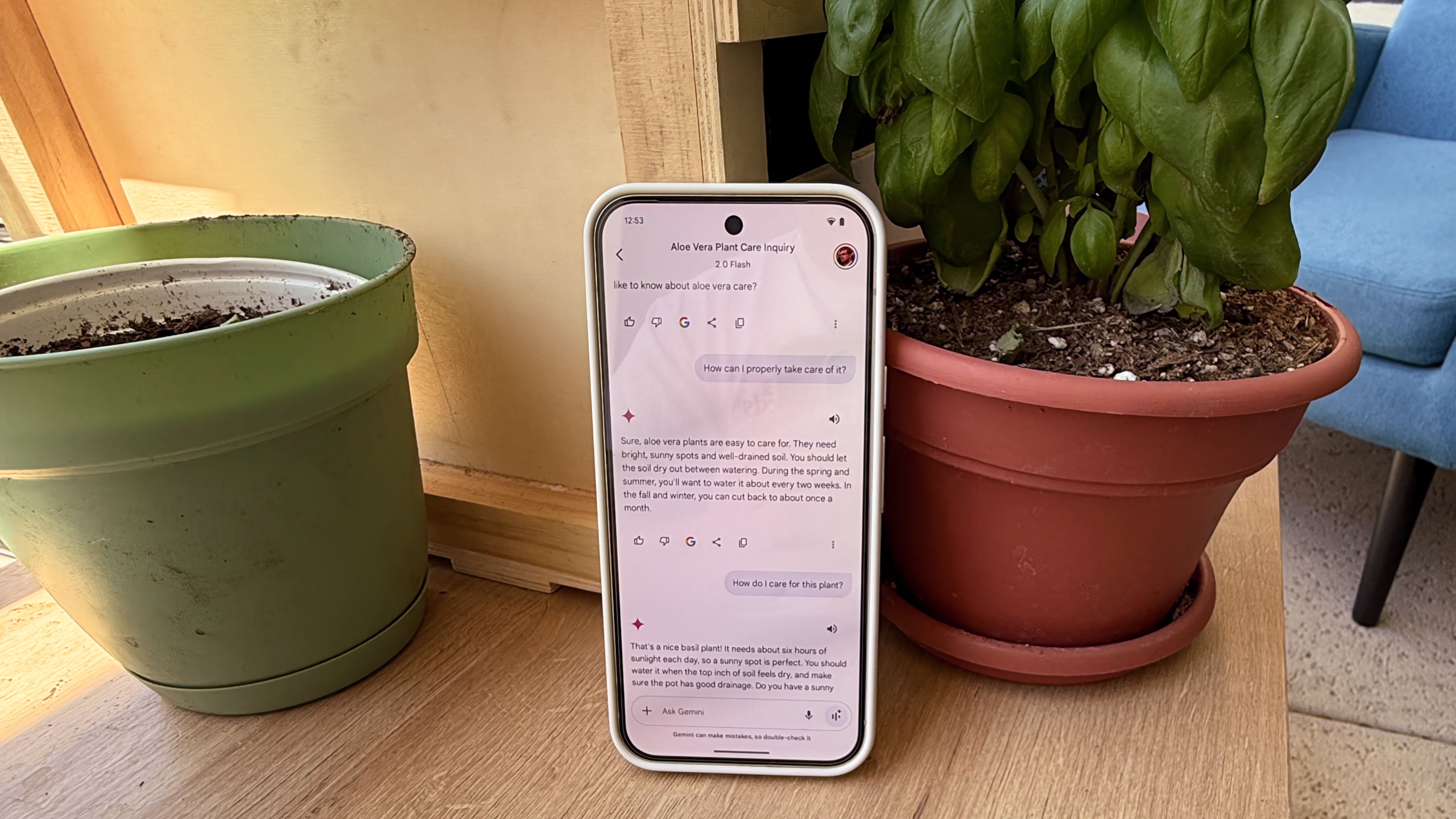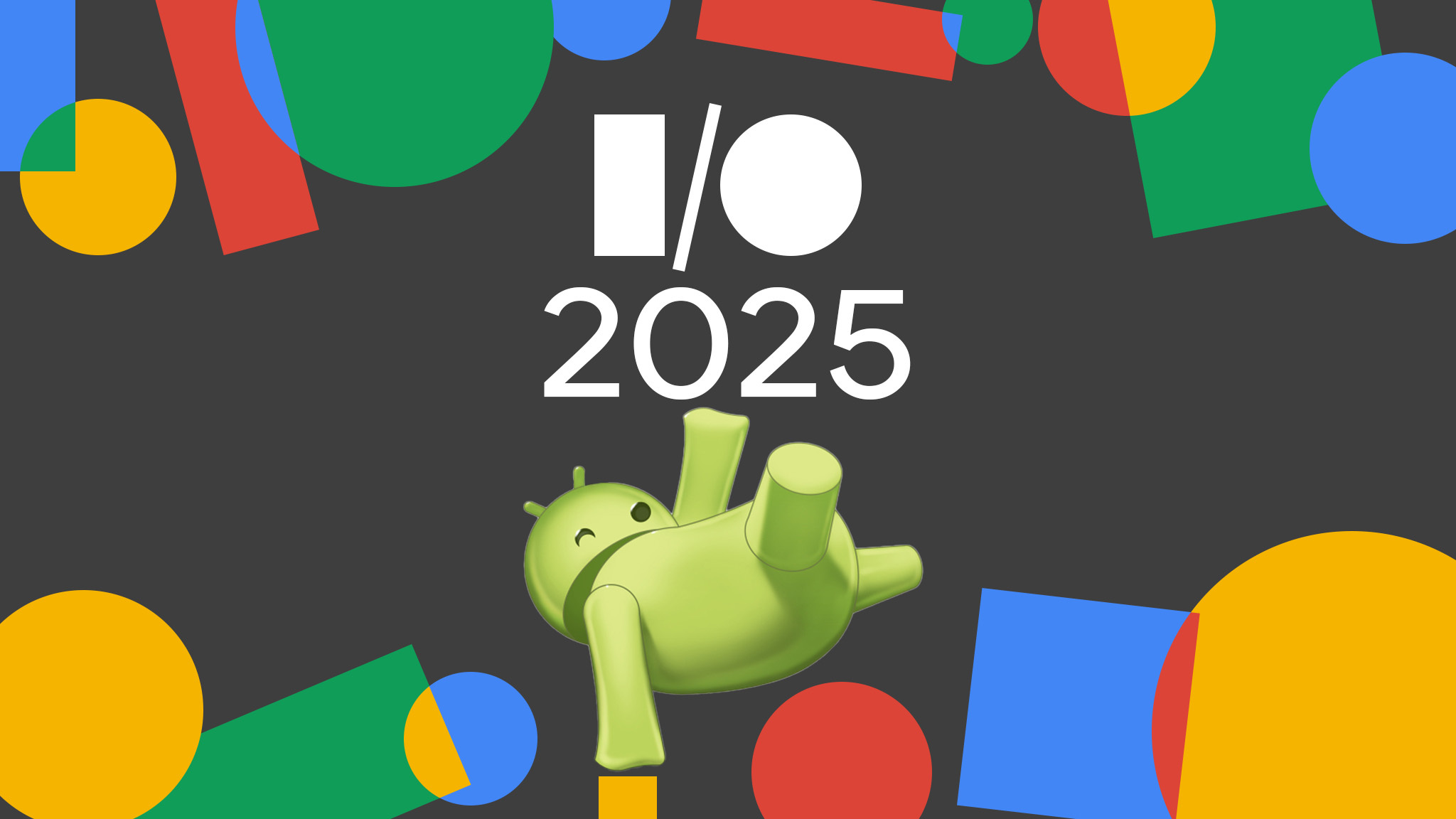Gravity is a clue that we live in a simulation, according to this physicist
We all know gravity as the invisible force that keeps us grounded. But what if it’s not a force at all? What if it’s a … The post Gravity is a clue that we live in a simulation, according to this physicist appeared first on BGR.

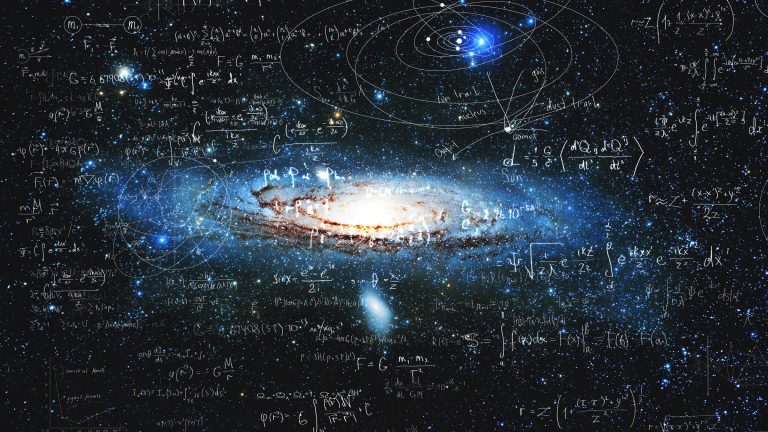
We all know gravity as the invisible force that keeps us grounded. But what if it’s not a force at all? What if it’s a function? One physicist believes gravity might actually be one of the strongest clues that we live in a simulation.
Melvin Vopson, a physicist at the University of Portsmouth, suggests that gravity could be the by-product of the Universe behaving like a giant computer. In his new study, he proposes that gravity isn’t pulling things together at all. Instead, it is compressing information to try to keep matter organized in the most efficient way possible, just like a digital system minimizing its storage load.
According to Vopson, the Universe may be built on pixel-like units of space-time that act like digital bits: either “on” or “off” depending on whether they contain matter. When multiple particles exist in the same space, gravity forces them into one “object” to reduce computational complexity. In this view, gravity becomes a kind of algorithm, a cosmic ZIP file compressing space for maximum efficiency if you will.
This theory builds on what Vopson calls the “second law of infodynamics,” a twist on the second law of thermodynamics. While thermodynamics says entropy always increases, infodynamics suggests that information entropy can decrease. That’s a significant shift, and it aligns more with the behavior of simulations than traditional physical systems.
Vopson has also argued in past research that information might have mass and behave like physical property, implying that data isn’t just abstract but material. In this framework, elementary particles serve as data storage units, similar to how DNA stores biological information. He’s even claimed to have found the universe’s source code.
These ideas don’t prove we’re living in a simulation. However, they do present compelling clues that we live in a simulation. After all, gravity remains one of the biggest mysteries in physics. We can measure it, model it, and account for its effects, but we still don’t fully understand why it works the way it does.
By exploring alternative frameworks—like viewing gravity as a tool for data optimization—we may get closer to answering that question. And if the Universe really is running on code, gravity might be one of the first signs we’ve been looking at all along.
The post Gravity is a clue that we live in a simulation, according to this physicist appeared first on BGR.
Today's Top Deals
- 67 best cheap Apple deals under $100
- Today’s deals: $299 Apple Watch Series 10, $349 Vitamix blender, Sony headphones, $18 cabinet lighting, more
- Today’s deals: $399 Mac mini, $289 Nintendo Switch OLED, $24 Red Bull 12-pack, $28 Amazon Echo Pop, more
- Today’s deals: $15 Amazon credit, $730 Apple Watch Ultra 2, $20 Kasa security cam, $119 Bose speaker, more
Gravity is a clue that we live in a simulation, according to this physicist originally appeared on BGR.com on Sat, 3 May 2025 at 09:01:00 EDT. Please see our terms for use of feeds.



